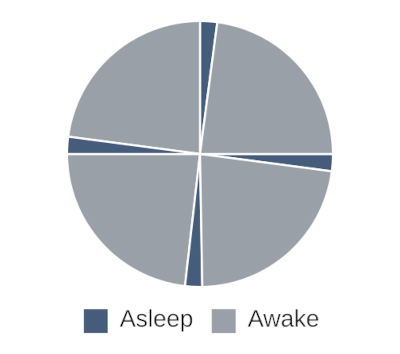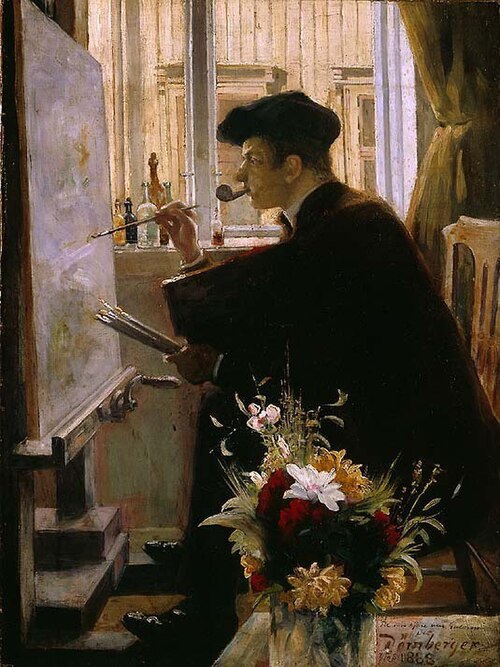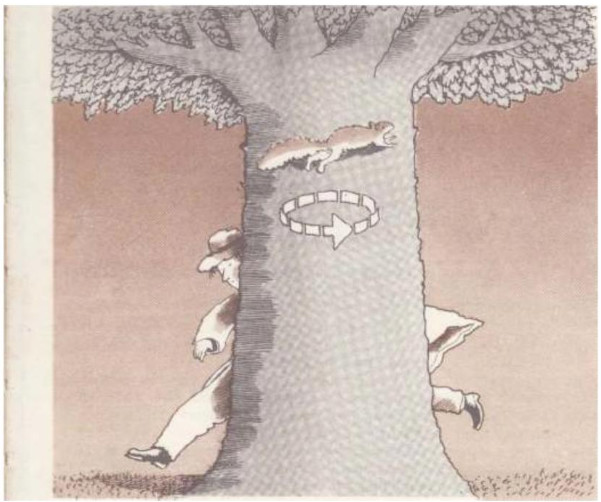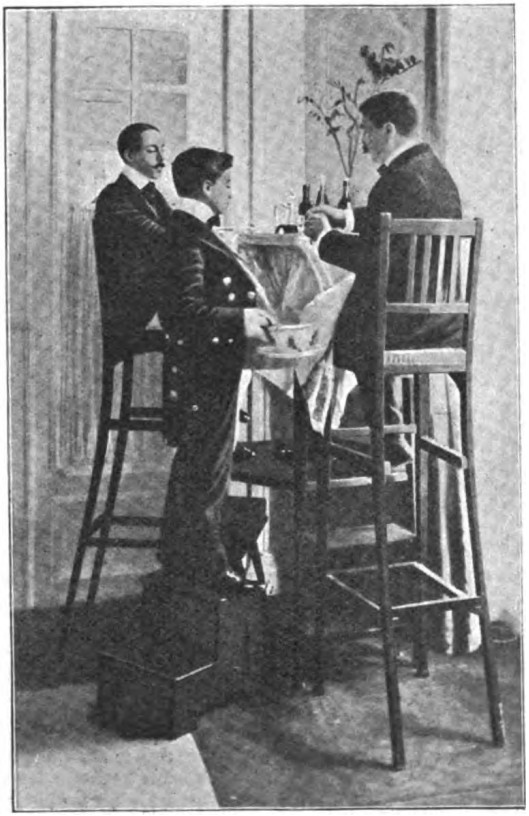
In 1943 Buckminster Fuller announced that he’d been getting by on two hours of sleep a day. Each person has a primary and a secondary store of energy, he said; the first is restored quickly and the second takes longer. The trick, then, is to relax as soon as you’ve used up the primary store. Fuller trained himself to take a nap at the first sign of fatigue, which he found happened about every six hours. Taking a half-hour nap at those times left him in “the most vigorous and alert condition I have ever enjoyed,” he said.
“For two years Fuller thus averaged two hours of sleep in 24,” Time reported, adding, “Life-insurance doctors who examined him found him sound as a nut.” Fuller said he’d had to abandon the plan because it conflicted with his coworkers’ schedules. “But he wishes the nation’s ‘key thinkers’ could adopt his schedule; he is convinced it would shorten the war.”



